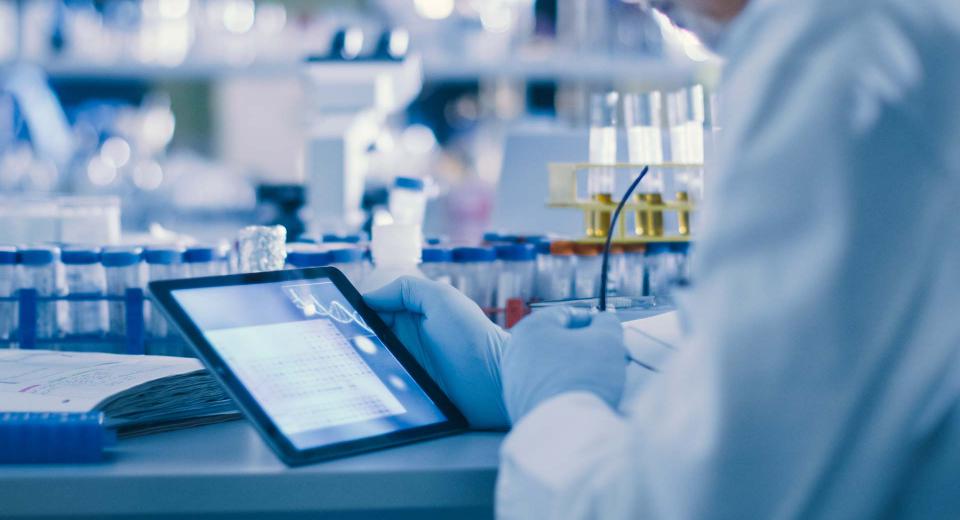Pharmacovigilance
Pharmacovigilance is the activity of recording and evaluating side effects resulting from the use of medicines.
This ongoing monitoring is done in collaboration with healthcare professionals and patients. Physicians, dentists, pharmacists and midwives are obliged to report any adverse drug reaction that they are aware of.
Pharmacovigilance :
The Division de la Pharmacie et des Médicaments of the Direction de la Santé, acts as the Competent Authority in Luxembourg for Pharmacovigilance, and works in collaboration with the Centre de Pharmacovigilance de Nancy/Lorraine, France.
For more information on this feedback, we invite you to join the website of the Ministry of Health: Ministry of Health, as well the website of the European Medicines Agency and their APPENDIX V.
Innovative pharmaceutical industry:
The development by a laboratory of a drug from the molecule to the marketing of the drug requires ten to fifteen years of research.
This work, preclinical tests, clinical trials and industrial development, is strictly regulated by law and is followed by a marketing application.
For each new drug, various points will be examined, such as the therapeutic proposal (quality, pharmaceutical form, recommended and validated indications and dosages), the chemical, biological or microbiological quality of the active substance and of the finished product, and the foreseeable undesirable effects linked to its use, as well as their frequency. In order to assess all these criteria, there are authorization or declaration procedures to which medicines and biological products are subject, depending on their nature or their distribution method.
Evaluation and authorization
All of this information is used to prepare the marketing authorization application (MA) submitted by companies.
In order to be marketed, any industrially manufactured drug must be the subject of a marketing authorization issued by the competent European authorities (the European Medicines Agency, EMA) or national authorities (Ministry of Health in September 2021). Community procedures for applying for a marketing authorization are the most often used, since the new drug is generally intended to be marketed in several European Union member states.
Any company marketing a medicinal product must set up a pharmacovigilance system with the aim of ensuring the collection, recording and evaluation of information relating to adverse reactions occurring in humans, whether in the context of use of the medicinal product in accordance with the terms of the marketing authorisation or in the context of use not in accordance with the terms of the marketing authorisation, as well as adverse reactions linked to occupational exposure.
In this context, our members must have a person responsible for pharmacovigilance at the European level who must reside and practice in a country of the European Union and justify appropriate qualifications in pharmacovigilance. A national reference person is attached to this person. Also, laboratories must manage and keep available a permanent pharmacovigilance file, implement a risk management system for each drug, and all other measures that transpose European directives.

Keep up to date with iml.lu
The flash letter informs you regularlay about the news of our sector in Luxembourg, the news of the research in Luxembourg, within our members and finally about the news of the association. Don't waste a minute and subscribe.